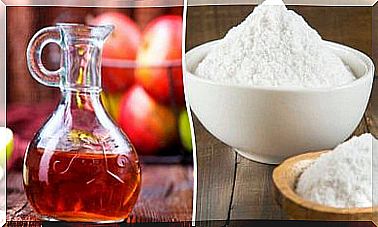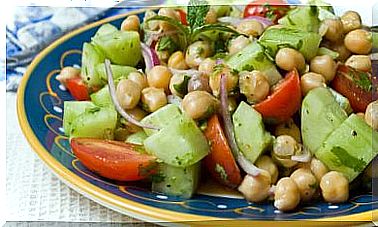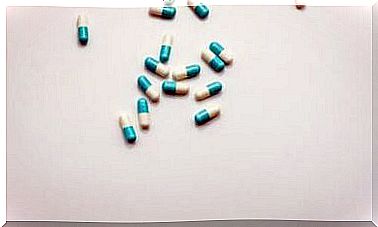Creatine And Its Amazing Health Benefits
Find out what creatine is, what properties it has and how you can take it to get the best benefit from it.
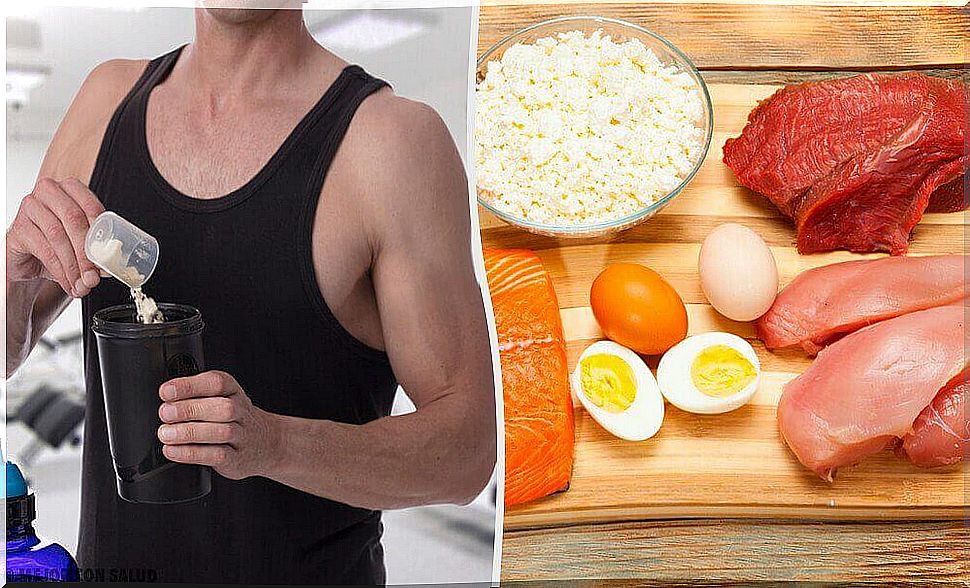
You have probably heard of creatine because it is a very useful nutritional supplement for athletes.
Creatine is an organic acid that helps you strengthen and develop your muscles. It is obtained from animal food, but there are also vegan food supplements.
It is interesting to know the purpose of this amino acid in your body before you decide to add it.
In this article, find out what creatine is, what properties it has, and how you can ingest it to get the most benefit from it.
What is creatine
Creatine is an organic acid that is produced by our liver from three amino acids: arginine, glycine and methionine.
The creatine is stored in the muscle fibers until it is released as energy through physical exertion, especially during short but intense physical exertion.
Although the body produces creatine on its own, we can take a dietary supplement containing this acid if necessary to increase its beneficial effects on muscles.
Health benefits
Creatine has the following health benefits:
- It increases strength endurance.
- You feel stronger
- It increases muscle mass.
Because of this, as a dietary supplement, it can be very beneficial for athletes looking to gain muscle mass and size.
It is also suitable for those who want to improve their body shape, i.e. who want to define the muscles and reduce stubborn fat.
Are there foods that contain a lot of creatine?
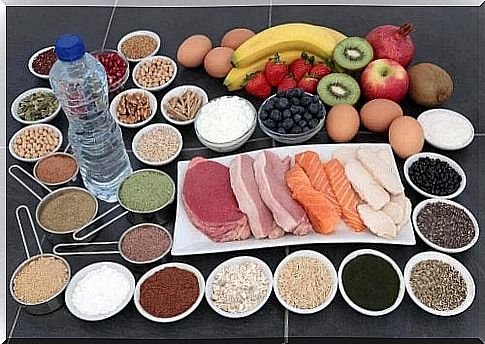
Creatine is not found in foods of plant origin. But vegetarians or vegans can take it through herbal supplements.
The following foods contain the most creatine, in this order:
- herring
- veal
- salmon
- tuna
- Hare
- chicken
- cod
It should also be noted, however, that to get five grams of creatine (the recommended daily amount), you would need to consume more than one kilo of herring.
In addition, a large part of this nutrient is lost during cooking. For this reason, a dietary supplement is definitely recommended, for example to build muscle mass.
Creatine as a dietary supplement

- Basically, the general recommendation is five grams of creatine per day, divided into several doses. A more precise specification would be one gram per ten kilograms of weight. That is, if a person weighed 60 kilograms, they would be consuming six grams a day.
- After taking the supplement for a month, you can take a two-week break and then start over.
- You can take creatine with water or mix it into your shakes. If you do exercise, take it either before or after to increase the benefits of exercise.
- By taking creatine, you increase your hydration at the intracellular level. Because of this, you should also keep in mind that you will need to drink more water, especially outside of meals and while you are doing physical activity. Drink at least one and a half liters of water a day. Two liters on hot days or when you sweat.
- It is also important to clarify that creatine only holds fluid at the intracellular level and that it has no negative effects on your kidney function.
More tips for increasing muscle strength
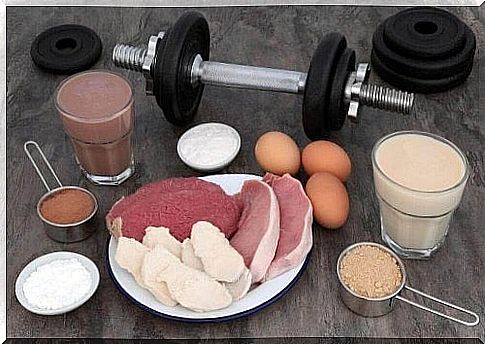
You may have made the decision to enlarge or define your muscles better. You may also want to improve your figure, or have started a new exercise routine and need extra energy.
You can follow these simple and effective tips that will have a positive effect on the functioning of the dietary supplement:
- Reduce your intake of harmful fats: pastries, ready-made products, fried foods, margarine, ice cream, candy, low-quality oils, snacks, etc.
- Increase your intake of healthy fats: extra virgin olive and coconut oils, nuts, seeds, avocados, clarified butter or ghee, egg yolks, blue fish, etc.
- Consume protein in every meal, combining animal protein (meat, fish, eggs, dairy products) with vegetable (legumes, nuts and seeds, whole grains like quinoa or millet).
- Eat a serving of protein after every exercise, before 40 minutes have passed. During this period, you should also take the appropriate dose of creatine.
- Do muscle building exercises, either with weights or with elements that help you strengthen your muscles (ligaments, weight balls, or your own body weight). Initially, you can start with two or three sessions a week, with different muscles working each day. After three months, you can reduce the workouts to one or two per week to maintain muscle.
- We also recommend vegan protein shakes. They are offered in powder form and made from foods such as peas, hemp, brown rice or whey. You can combine them with fruit and vegetable juices.
